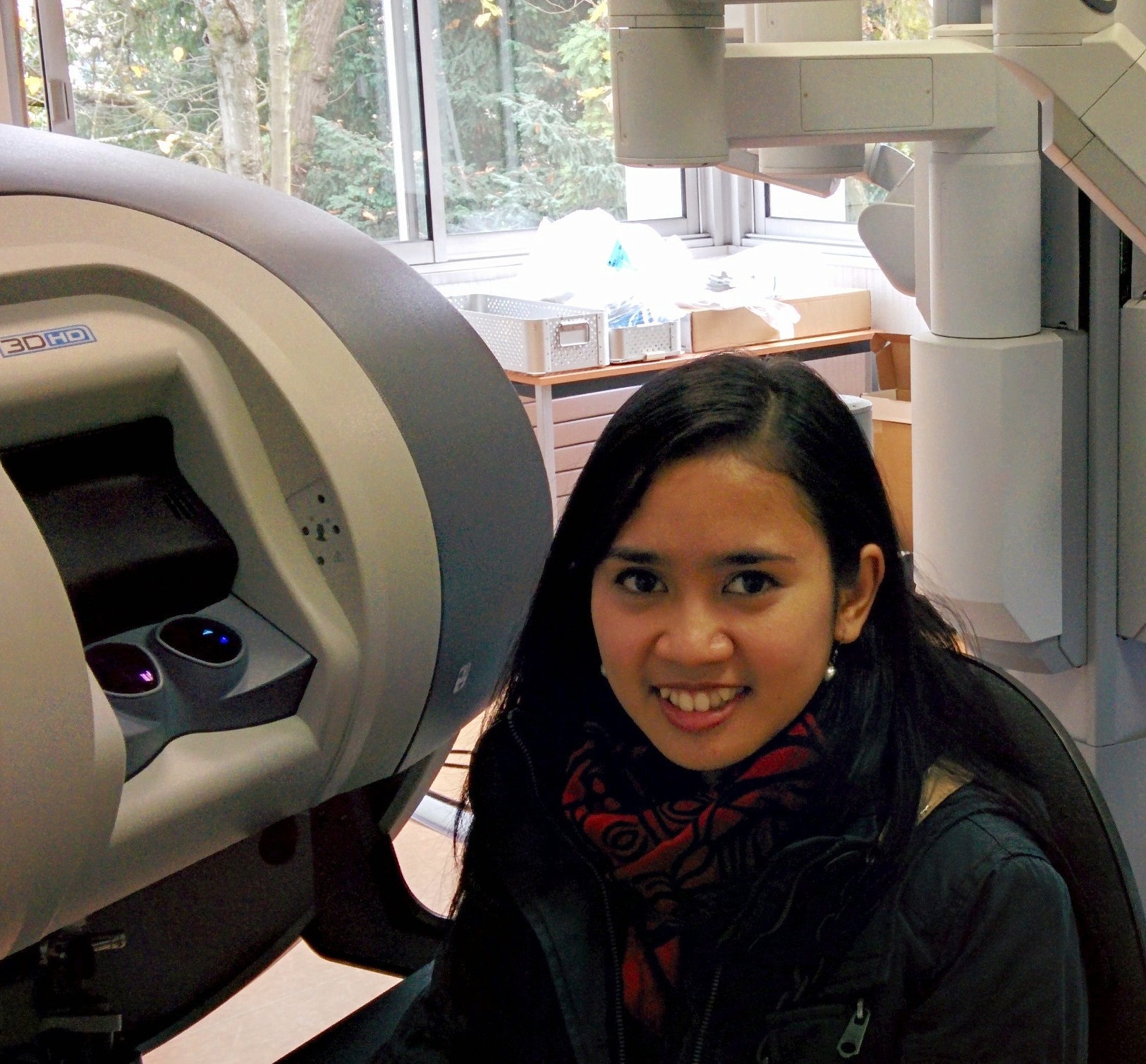Optimising robotic friction welding for high-speed rail manufacturing
Dr Nurahmi is collaborating with the University of Salford, supported by the DIA programme, to develop better robotic friction welding solutions for high-speed rail development in Indonesia. These will improve the welding of complex 3D geometries and increase the seam quality of the welds. The welding technique itself is seen as a more energy efficient welding technique. This and the more sustainable rail system it will help develop supports the Academy’s strategic goal of using engineering and technology for a more sustainable society.

Letting the train take the strain
Every day, 20,000 to 70,000 vehicles pass along the north coast of Java, which connects Jakarta to Surabaya (768.4km) in Indonesia. It causes dense traffic and creates many environmental problems, so a high-speed rail project is a top priority in Indonesia. The national railway operator, INKA Indonesia, is planning to begin this in 2025 to 2030. The UK is investing £12 billion a year in rail infrastructure and high-speed rail investment globally is predicted to be over £380 billion in 2022.
Friction welding is classified as a green technology because of its energy efficiency. This project aims to address a key problem in robot friction welding: path inaccuracy. Solving this can help stimulate national, and even international, transportation industries, such as aerospace, rail and automotive, improving efficiency through reduced material and manufacturing costs. The technology supports the Academy’s strategic goal of an equal and sustainable society by helping address the development of mass transportation, which can help drive inclusive economic growth.
The collaborative research in this project will scientific and technological benefits of to both countries. It will also enhance strengths in robotics and manufacturing engineering, and drive economic growth through inward investment and job creation.
The project team
“Under [the] DIA programme, our existing collaboration can be intensified, and the research impacts can be amplified through PhD student joint supervision, joint publications, visits, seminars, and public engagement activities.”
Dr Nuramhi received her PhD in mechanical engineering from École Centrale de Nantes, France, in 2015 and is currently an assistant professor in the Department of Mechanical Engineering, Institut Teknologi Sepuluh Nopember, Indonesia. Her research interests include mechanism kinematics and dynamics, reconfigurable parallel mechanisms, and cable-driven parallel robots.
This project has grown out of an existing collaboration with Dr Guowu Wei at the University of Salford in the UK, looking at robotic welding. The DIA programme supported project ‘Error analysis and dynamics of robotic-integrated friction welding for high-speed rail manufacturing’ incorporates three institutions from the UK and Indonesia to undertake research, innovation, and teaching activities. The existing collaboration with Dr Guowu Wei will be maintained to jointly supervise an Indonesian PhD student involved in this project. The DIA programme will allow this collaboration to be deepened and expanded.
Initial progress
A preliminary investigation by the three institutions has identified that limited workspace and path inaccuracy are the main causes of errors in robotic friction welding applications. The team has developed a robot to act as the main body of the friction welding machine, along with a reconfigurable tool system to enlarge the workspace. It has also investigated force and temperature control to control path inaccuracy, a global problem with friction welding. The whole system will be demonstrated experimentally by the Indonesian high-speed rail industry. Currently the team has published two conference papers to disseminate their research outputs and is fabricating a mock-up of a welding robot.
Th DIA programme will help to support networking and visits to carry out research, innovation and teaching activities. Some seminars will be delivered by all teams involved in this project and a prototype demonstration will be held to further disseminate the impacts.
Related content
DIA awardees
Distinguished International Associates (DIA) are international engineers working across all sectors. They work at the c…
FAQ
Information and answers to common queries about the Distinguished International Associates (DIA) Programme
